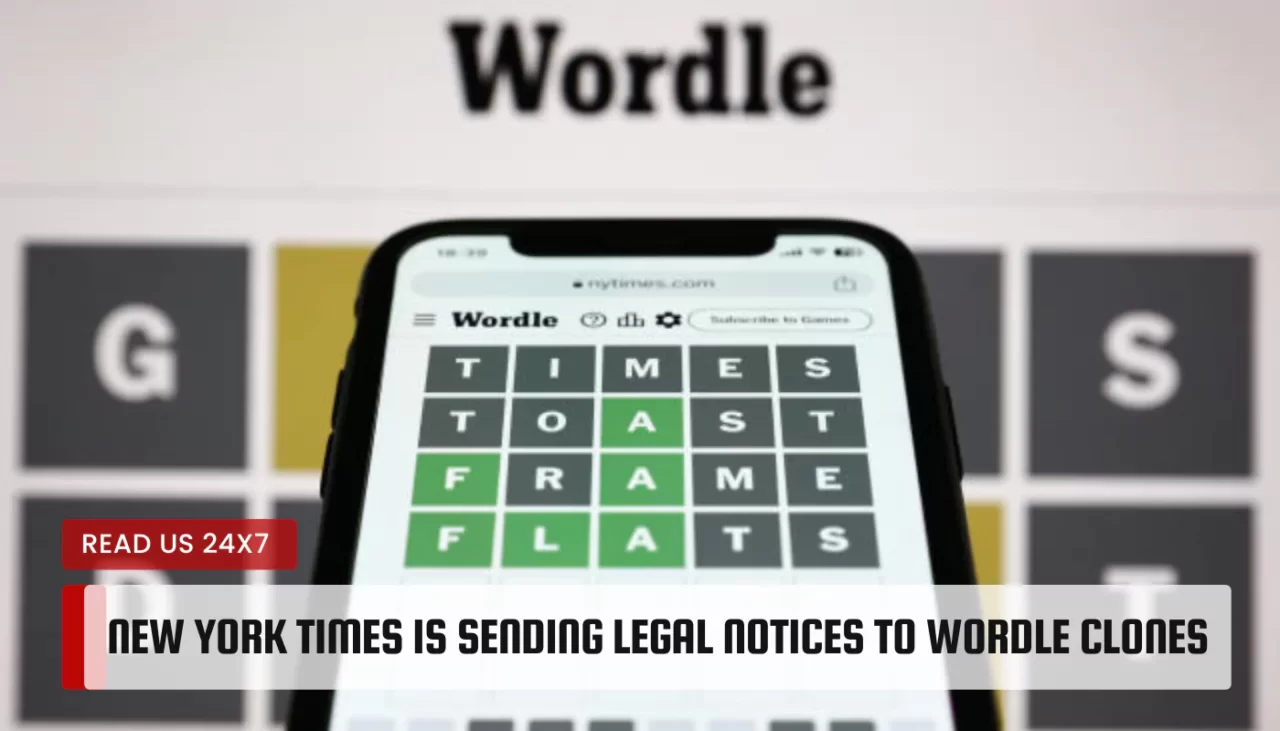The New York Times has recently taken decisive legal steps against a multitude of Wordle clones, sparking widespread discussion and debate. But what exactly is Wordle, and why has it become such a sensation? Let’s delve into the details.
What is Wordle and its Popularity
Wordle is a simple yet addictive word puzzle game that has captured the attention of players worldwide. In this game, players attempt to guess a five-letter word within six attempts. Each correct guess reveals which letters are in the target word and their correct positions. The game’s minimalist design, engaging gameplay, and social media buzz have contributed to its meteoric rise in popularity.
The New York Times Takes Legal Action Against Wordle Clones
The New York Times has wielded its legal sword against a plethora of Wordle clones, asserting its rights over the game’s name and distinctive gameplay style. Here are the key points:
Filed DMCA Copyright Requests
The newspaper giant has filed Digital Millennium Copyright Act (DMCA) requests to remove unauthorized Wordle clones from various platforms. These requests aim to protect the original game’s integrity and prevent dilution of its brand.
Citing Ownership of Wordle Name and Gameplay Style
The New York Times argues that it holds exclusive rights to the name “Wordle” and the specific gameplay mechanics associated with it. Clones that mimic Wordle’s core features infringe upon these rights, leading to legal action.
Potential Impact on Thousands of Similar Games
While Wordle clones flood app stores and websites, the legal crackdown could have far-reaching consequences. Developers of similar word games now face heightened scrutiny, potentially altering the landscape of casual gaming.
Reactions and Responses to the Legal Action
Mixed Opinions from Wordle Community
The Wordle community is divided. Some players appreciate the New York Times’ efforts to maintain the game’s authenticity, while others argue that imitation is a form of flattery. The debate rages on social media platforms, with passionate defenders on both sides.
Publisher’s Justification for Takedowns
The New York Times defends its actions, emphasizing the need to protect creative works and maintain quality standards. By targeting clones, they aim to preserve Wordle’s unique appeal and prevent confusion among players.
Conclusion
As the legal battle unfolds, the fate of Wordle clones hangs in the balance. Whether this move stifles creativity or safeguards originality remains a contentious issue. One thing is certain: the New York Times’ stance has set a precedent for the gaming industry, leaving developers and players alike pondering the future of word puzzles in a world dominated by intellectual property rights.


